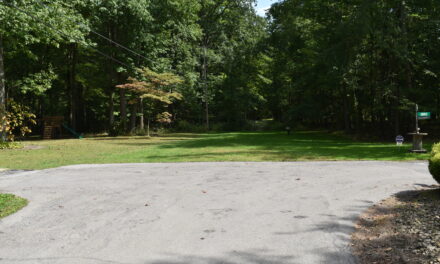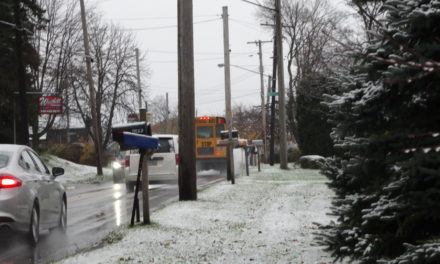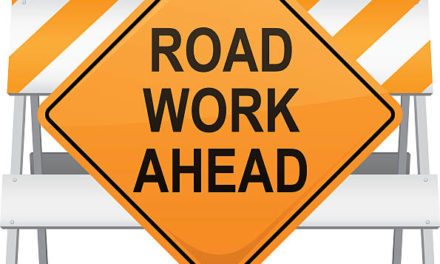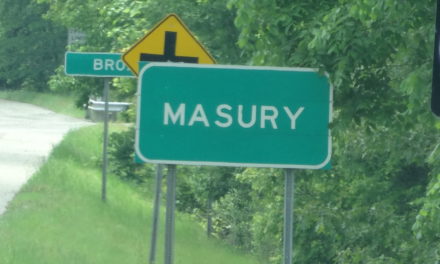Brookfield Township had a 20-year plan for road maintenance, but it fell apart when officials couldn’t sustain the money needed to make it work, Road Supt. Jaime Fredenburg said.
Fredenburg is putting together a new 20-year plan at the behest of the trustees as part of an effort to determine whether a road levy should be put on the November ballot.
There is no designated levy for the road department. The department derives its funds from a number of sources, including the state gas tax, state road and bridge funds, a locally imposed motor vehicle license fee, the township’s general fund and grants.
As an average, the department has about $110,000 a year to put toward road improvement projects, Fredenburg said. That figure includes grants, which do not come every year, so the actual amount available widely varies from year to year.
 Based on the bid Kirila Contractors Inc., Brookfield, tendered to pave Syme Street, Fredenburg said it takes about $225,000 to pave one mile of road. He also looked at costs for tarring and chipping, crack sealing and other forms of road improvements short of paving every five to seven years, and set that at $30,000 a mile.
Based on the bid Kirila Contractors Inc., Brookfield, tendered to pave Syme Street, Fredenburg said it takes about $225,000 to pave one mile of road. He also looked at costs for tarring and chipping, crack sealing and other forms of road improvements short of paving every five to seven years, and set that at $30,000 a mile.
The township has 44.9 miles of roads, Fredenburg said. Given the cost estimates, Fredenburg estimated he would need $572,897 a year to pave every township road once in 20 years, and perform maintenance.
If Fredenburg already has $110,000 a year, he would need to raise $463,000 a year, which is about 3.5 mills in current tax dollars, although he said that size of levy would be unlikely to pass.
Fredenburg is preparing a list of road priorities to show when roads would be paved over that 20 years.
Trustees said that they are in fact-finding mode, and have not decided whether they will put a levy on the ballot.
“Do we need a road levy?” said Trustee Mark Ferrara. “The last thing that any of us want is to put on a road levy and not be able to sustain it. We’re taking initiative to gather data so that we can speak to you intelligently and then ultimately decide if we need a road levy.”
“We have to be 100 percent transparent,” he said.
Once the data is gathered, the trustees said they will publicly present it, even in unconventional forums such as neighborhood meetings, and hear the thoughts of residents.
“We want to present those facts to you and then let the public have insight on whether we’re gonna do this or not,” Trustee Dan Suttles said. “I truly believe that we serve the people, and, if you don’t want a road levy, that’s a tough pill to swallow. We have to listen to that.”
Trustee Ron Haun said the general fund, the pot of money the trustees have the most control over, “is slowly and gracefully getting smaller and smaller.”
Taking $30,000 to $50,000 a year from the general fund to pay for road improvements as they have been doing is going to continue that trend, Haun said.
“I’ll go along with what Dan said: if you tell us no, you tell us no, which I fully understand,” Haun said. “It is frustrating to know that we have this issue, and it’s even more frustrating to Jaime, because we as residents have handcuffed him to be able to do his job to the level that the people would like to see. Once you have all the facts, I’m hopeful that you’ll be supportive of it.”









Hips is Ron Haun still a trustee when he clearly lives in Florida? Why doesn’t he do the right thing and step down instead of lying to the community?